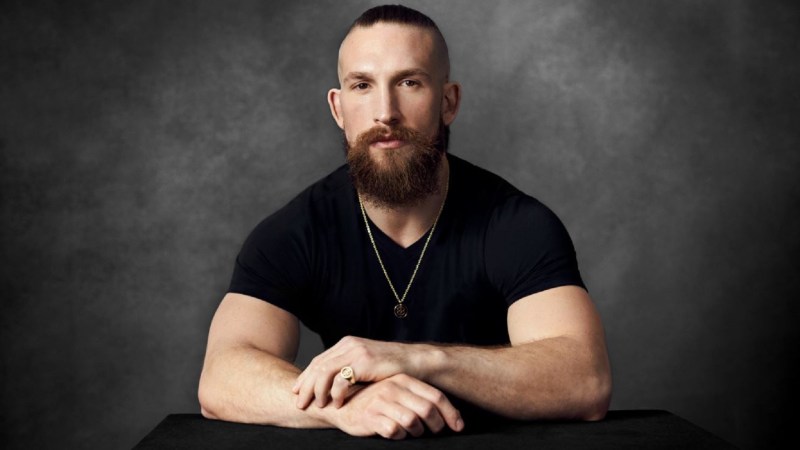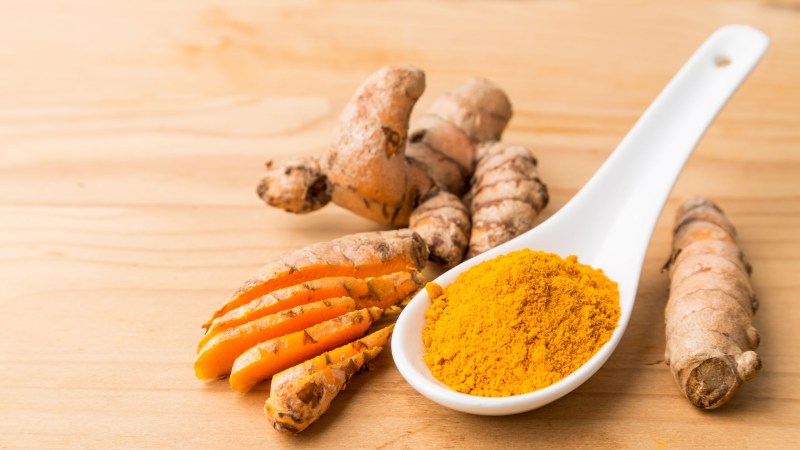Michael Markiewicz had his first round of chemo on his 17th birthday. He’d recently been diagnosed with testicular cancer and was wondering if he’d be around to see his 18th.
Fortunately, Michael did survive and the active teen overcame his illness to become a fitness model, repped by the powerhouse Wilhelmina agency. He’s an ambassador for the fine jewelry line AWE, which gives 20 percent of its profits to organizations that help survivors– of cancer, rape, abuse– which is just one of the ways Michael uses his fame to help others who face cancer and illness.
And there are a lot of people to help. The National Cancer Institute’s figures show 39.6 percent of Americans will be diagnosed with cancer sometime in their lifetimes, which means it’s likely we all know and love someone battling cancer. Mortality rates are higher among men. Go to the doctor. Get regular check ups. Do self exams. Ask questions. Don’t Google things. GO. TO. THE. DOCTOR.
Michael shares some incredibly valuable insights about the mind-body connection when battling any illness, workout recovery tips, and how to stay active while ill. While Michael offers great advice, this interview does not get you out of talking to a licensed medical professional. We repeat, go to the doctor.
Would you be willing to share a bit about your experience with cancer, going back to your diagnosis? How did you discover the cancer?
I was 16 years old and had recently gotten into bodybuilding, so I was working out constantly. I was lifting weights as well as playing a lot of basketball with my high school and AAU teams. One day I was lifting weights and felt a sharp pain in my groin. At the time, I thought that I might have had a hernia, so I went to the doctor and he had told me it was “just a strain.” He told me to take two to three weeks off from any physical activity and that I should be fine. After a couple of weeks of consistent pain I went to the hospital, which is when they discovered the mass. Upon further testing and examinations, I was diagnosed with testicular cancer.
What was your treatment like? Did you have chemotherapy and surgery? Did you use any alternative therapies? There’s some talk about turmeric and its healing qualities.
I had three surgeries and four cycles of chemotherapy. I actually started chemotherapy on my 17th birthday, which was hard for me. Every birthday I’ve had since I am extra-thankful that I am still walking this earth! It’s funny you mention Turmeric. I just started taking turmeric a couple of months ago after hearing all of its natural benefits. I also take many vitamins each day. I’m much more wellness-conscious overall since surviving cancer.
Do you feel there’s a connection between exercise and healing, both mentally and physically?
I’m a strong believer in exercise helping you both mentally and physically. Breaking a sweat and releasing those endorphins definitely helps put you in a more positive mood.
Were there any unexpected challenges in terms of staying active while in treatment, such as nausea or extreme tiredness? If so, how did you overcome them?
The doctors had told me not to do any physical activity during chemotherapy because if I fell or hurt myself, my body would not be able to recuperate normally as a result of the chemo toxins. The doctors explained I could get internal bleeding and further complications. At that point I wanted to live my life normally and not be defined by the disease, so against doctors orders I still played basketball every now and then to keep my mind right: the mental part of the battle is just as important as the physical.
How did you approach your nutritional needs while undergoing treatment? Did you lose your appetite? Did you have to take steroids as part of your cancer treatment? If yes, how did you manage their side effects?
I’ll tell you a funny story. My mother was very good friends with my fifth grade teacher Mrs. Tannis, a wonderful lady. While I was battling cancer, Mrs. Tannis would come to my house every week and bring me this special soup with all these antioxidant-rich super greens. Mrs. Tannis wouldn’t leave until I finished every drop.
My uncle Danny also gave me this special antioxidant juice and I would take a shot of that everyday. There were certain foods that I couldn’t eat while going through therapy. My aunt Tina came over one day and she knew I loved Chicken Parmesan so she cooked it for me. Once I took a couple of bites I had such bad heartburn from the sauce that I couldn’t enjoy it at all.

Otherwise, strangely, I would eat whatever I wanted and actually gained weight during chemotherapy. Yes I did have to take steroids and remember breaking out with pimples all over my shoulders and back which was very depressing. I recall looking in the mirror and crying from the side affects and what it was doing to my body. I was used to being in shape my whole life and then such a drastic weight gain and pimples all over my back was very depressing. I didn’t throw up from the chemo until my last day of treatment.
What sorts of things should patients consider when choosing exercise? Did your oncologist suggest that exercise would improve your treatment and recovery?
They weren’t against exercise just as long as it didn’t demand significant exertion and I wasn’t taking a pounding or getting hit. They also said don’t overdo it. Playing basketball got me out of the house and around other people, which helped me mentally. My doctors told me to listen to my body– if I needed rest, rest; if I could do more, do it. I would suggest doing whatever helps you mentally and keeps your brain sharp, but listen to your body. Walking, hiking, even biking can provide just enough exertion and necessary distraction.
What types of exercise are best for recovering from the intense strain chemo and the attendant drug therapies exert on your body?
I went back to playing basketball on a daily basis right away. Basketball helped me so much mentally it was unreal. While playing it takes your mind off all of the negative and just lets you enjoy the game. I also lifted weights and took the challenge of getting my body back to what it once was and better! It wasn’t easy because, after months of not doing much, you have to ease into it. I pushed myself a little more than I should have, but that’s the only way I know how.
Any tips for how best to help your body recover after each workout? Do you recommend stretches, foods to eat, drinks, etc.
I’m very big on drinking BCAA and Beta Alanine during my workouts, which helps with muscle recovery and endurance. I keep my protein up and take in a lot of greens. I take a multivitamin, fish oil, turmeric, zma and other antioxidants. Glutamine is great to take for muscle recovery after you workout as well. I stretch everyday, with a special focus on stretching my back muscles.
Any tips you have for dealing with those inevitable down days while in treatment?
What really helped me was staying in the company of positive people. My friends and family really helped. When I was feeling down they would take me out or try to occupy my time with other things to distract me from my illness. They didn’t let me focus on the negative.
In general I would suggest surrounding yourself with positive people and seeking out a community of support when going through treatment.
I am extremely grateful that I was able to find such an empowering community in my work with AWE, an incredible organization that is dedicated to building a community of survivors of all afflictions, not just cancer. I wish I had had a similar resource to hear the stories of survivors while I was fighting cancer. For this reason, I’m dedicated to sharing my story with communities like AWE’s because I know the greatest gift I have to give to others is hope and inspiration! Being able to speak with an array of AWE survivors has helped put my journey into perspective, allowed me to realize my strength, as well as maximize my impact.
Great music/movies always help as well.
Are there any dieting fads or foods you would recommend or, conversely, and that you would discourage people from eating while in the treatment cycle? What about after treatment is concluded and your body is trying to get back to its “new normal”?
I was sixteen when I was diagnosed, so I knew much less about nutrition than I know now. I took all of those antioxidants and drank that special super greens soup because my family made me (which I’m glad they did). When I was with my friends, I was eating White Castle and Taco Bell a lot, which I DO NOT RECOMMEND. I would say stay away from fast food and any type of acidic based products. Eat as many fresh veggies that you can and lean meats to keep you strong. After treatment I would say just keep a similar diet, but give yourself a day or two to enjoy pizza or donuts, whatever you truly love. We all know life could be taken away from you at any point so live a healthy life but don’t be afraid to indulge and enjoy your favorite foods every now and then.



